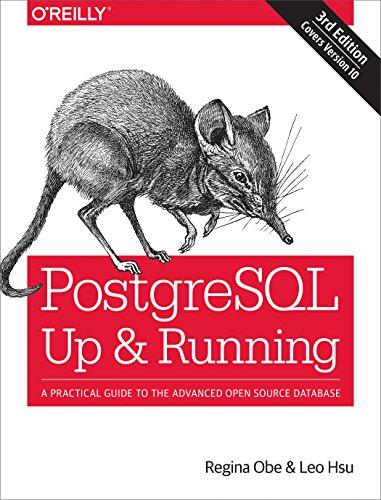Answered step by step
Verified Expert Solution
Question
1 Approved Answer
1 ) Modern computer systems can run multiple processes at the same time by sharing physical resources such as CPU and memory among processes. In
Modern computer systems can run multiple processes at the same time by sharing physical resources such as CPU and memory among processes. In such a system, not considering performance, user A can assume that the execution of hisher processes will not be affected by the execution of unrelated processes of user B because the operating system a removes all data and code of one process from memory when another process runs. b does not switch CPU from a process of user A to another user's process until As processes complete their execution. climits a process's access to memory that only stores its code and data. d allows a process access to all memory that stores nonoperating system code but only when the access is read An attacker is able to exploit abuffer overflow vulnerability in the code of an operating system to turn off file access checks. As a result of this change in the TCB any user can access any file in the system.The reason for this uncontrolled access to files on this system is that, prior to the exploitation of the operating system or TCB it did not meet the following requirement aComplete mediation b Tamperproof cCorrectness d All of them
Step by Step Solution
There are 3 Steps involved in it
Step: 1

Get Instant Access to Expert-Tailored Solutions
See step-by-step solutions with expert insights and AI powered tools for academic success
Step: 2

Step: 3

Ace Your Homework with AI
Get the answers you need in no time with our AI-driven, step-by-step assistance
Get Started


